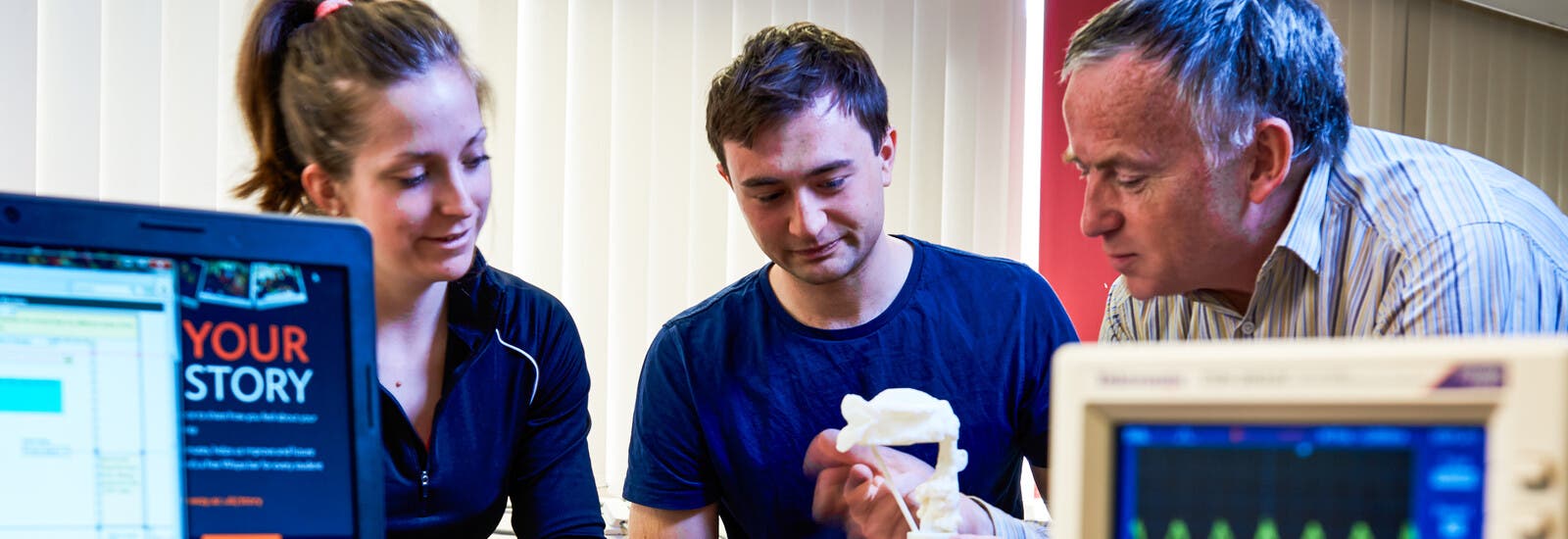Combined visa
Save time and money, and experience a seamless transition to undergraduate success, by studying our International Year One course and the remainder of your degree with one visa.
Doing this means you will benefit from:
- Just one visa required for the whole length of your study
- Alternatives to IELTS for UKVI can be used to join the International Year One programme**
- No need for an additional IELTS test before joining your undergraduate degree
- No visa requirement to return home between the courses
- Work up to 20 hours per week
- Ideal for students who have exceeded their two years of pre-degree study in the UK
**IELTS or equivalent required, alternatives accepted include TOEFL iBT, Pearson, IGCSE, IB, HKDSE, India HSC (recognised board), Malaysia SPM, WAEC.
Progression degrees
Once you successfully complete the International Year One in Electronic Engineering, you can progress to the second year of your chosen undergraduate degree at Royal Holloway. This is providing you have met the required grades for progression. Keep in mind that grade requirements are subject to change – our teaching staff will talk to you about them towards the end of the programme year.
You can study one of the following undergraduate degrees:
